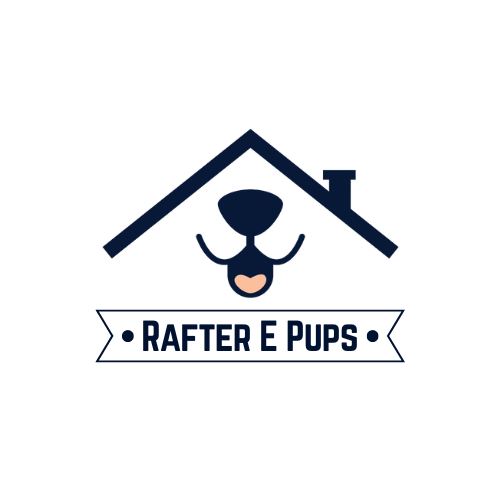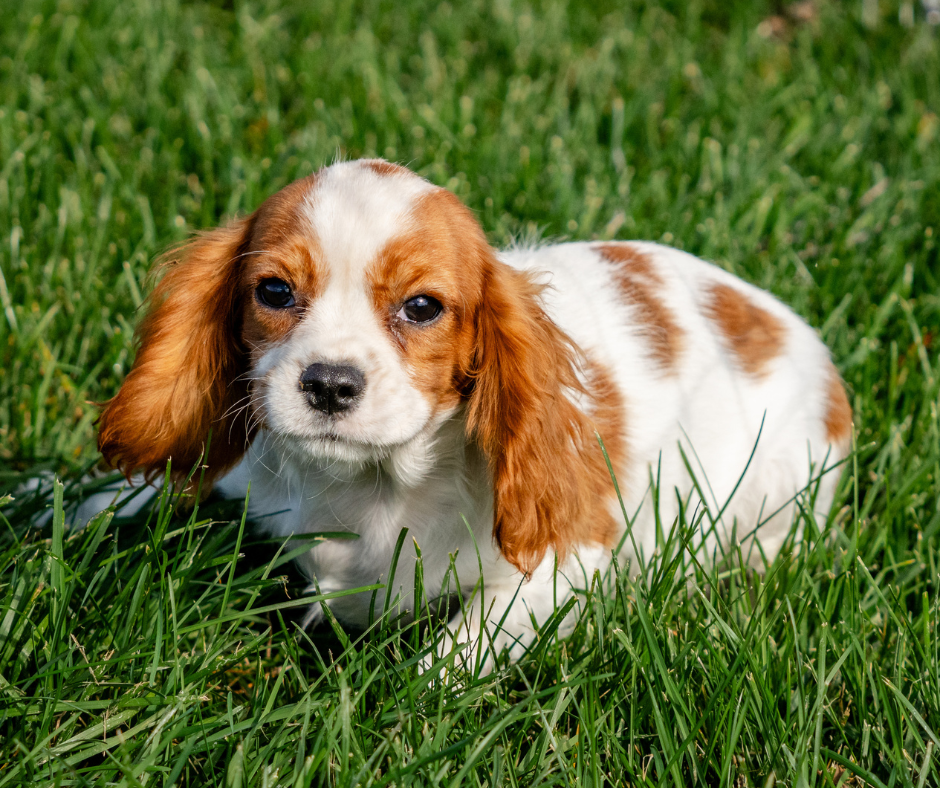Cavalier King Charles Spaniels are renowned for their charming demeanor, affectionate nature, and adaptability, making them a beloved choice for many dog lovers, especially those residing in apartments or city settings.
Cavalier King Charles Spaniels typically reach heights of 12-13 inches (30-33 cm) and weigh between 13-18 pounds (5.9-8.2 kg), falling into the small to medium-sized category. Individual factors like genetics, nutrition, and health can influence their final size, but they generally maintain their charming compactness, making them ideal for apartment or city living due to their manageable size and moderate exercise needs.
Understanding the Size of Cavalier King Charles Spaniels
Cavaliers typically fall into the small to medium-sized category of dogs, with an average height ranging from 12 to 13 inches (30 to 33 cm) at the shoulder and weighing between 13 to 18 pounds (5.9 to 8.2 kg). However, individual variations do occur within the breed, and some Cavaliers may be slightly larger or smaller than these averages.
What are the Factors Influencing the Size of the Cavalier?
Understanding the factors influencing the size of Cavalier King Charles Spaniels is crucial for prospective owners and breed enthusiasts alike. While these enchanting dogs typically fall within a specific size range, various factors, both genetic and environmental, play pivotal roles in determining their ultimate size. By exploring these influences, we gain insight into the complexities of canine development and can better appreciate the unique characteristics of this beloved breed.
- Genetics: Like all living beings, Cavaliers inherit their physical traits from their parents. Responsible breeding practices aim to maintain breed standards, including size, but variations can still occur.
- Nutrition: Proper nutrition during puppyhood and adulthood plays a crucial role in a dog's growth and development. A balanced diet supports healthy bone and muscle development, which can impact a Cavalier's final size.
- Health: Certain health conditions, such as hormonal imbalances or skeletal disorders, can affect a dog's growth rate and final size. Regular veterinary check-ups are essential for monitoring a Cavalier's health and well-being.
Exercise Requirements for the Cavalier
Despite their small size, Cavalier King Charles Spaniels are energetic and playful dogs that require regular exercise to maintain their physical and mental health. Daily walks, interactive play sessions, and engaging activities are essential to meet their exercise needs. Here's a breakdown of their exercise requirements:
- Daily Walks: Aim for at least 30 minutes to an hour of walking each day to provide your Cavalier with the opportunity to explore, socialize, and burn off excess energy. Break up the walks into shorter sessions if needed, especially for younger or older dogs.
- Interactive Play: Cavaliers enjoy interactive play sessions that stimulate their mind and body. Activities such as fetch, hide-and-seek, and puzzle toys can keep them entertained and mentally engaged.
- Training and Agility: Incorporating training exercises and agility courses not only provides physical exercise but also strengthens the bond between you and your Cavalier. These activities tap into their natural intelligence and eagerness to please.
- Socialization: Regular socialization with other dogs and people is vital for Cavaliers to develop good manners and confidence. Dog parks, obedience classes, and playdates can help expose them to different environments and experiences.
Nutritional Needs of the Cavalier
Proper nutrition is essential for maintaining your Cavalier's overall health and well-being. A well-balanced diet should provide the necessary nutrients, vitamins, and minerals to support their growth, energy levels, and immune system. Consider the following factors when choosing a diet for your Cavalier:
- High-Quality Dog Food: Opt for premium-quality dog food that is specifically formulated for small to medium-sized breeds. Look for brands that list real meat as the primary ingredient and avoid fillers, artificial preservatives, and additives.
- Protein and Fat Content: Cavaliers thrive on a diet rich in high-quality protein and moderate fat content. Protein supports muscle development and repair, while fats provide essential fatty acids for healthy skin and coat.
- Balanced Diet: Ensure that your Cavalier's diet includes a balance of protein, carbohydrates, fats, vitamins, and minerals. Consult with your veterinarian to determine the appropriate portion size and feeding schedule based on your dog's age, weight, and activity level.
- Hydration: Always provide access to fresh, clean water to keep your Cavalier hydrated, especially after exercise or during hot weather.
- Treats in Moderation: While treats can be used as rewards during training or bonding moments, avoid overindulging your Cavalier with high-calorie treats that can contribute to weight gain and nutritional imbalances.
The Cavalier as an Apartment or City Living Dog
Cavalier King Charles Spaniels are well-suited for apartment or city living due to their adaptable nature, moderate size, and low exercise requirements compared to larger breeds. Here's why they thrive in urban environments:
- Size: Cavaliers are small to medium-sized dogs that don't require a large living space. They can comfortably dwell in apartments, condominiums, or houses with limited outdoor areas.
- Temperament: Known for their friendly disposition and affectionate nature, Cavaliers are excellent companions for city dwellers seeking a loyal and loving pet. They form strong bonds with their owners and are often content to cuddle on the couch or accompany you on leisurely strolls around the neighborhood.
- Low Exercise Needs: While Cavaliers enjoy daily walks and playtime, they don't have the high energy levels of some other breeds, making them suitable for owners with busy schedules or limited outdoor access. Regular walks and indoor play sessions can suffice to meet their exercise requirements.
- Adaptability: Cavaliers adapt well to various living situations and thrive on human companionship. Whether you reside in a bustling city center or a quieter suburban neighborhood, Cavaliers can adjust to their surroundings as long as they receive adequate love, attention, and care.
- Trainability: Cavaliers are intelligent and eager to please, making them relatively easy to train. They respond well to positive reinforcement techniques and enjoy learning new tricks and commands, which can be beneficial for city living where obedience and good manners are essential.
Cavalier King Charles Spaniels are delightful companions known for their gentle demeanor, affectionate personality, and adaptability to various living environments, including apartments and city settings. Understanding their size, exercise needs, nutritional requirements, and temperament is essential for providing them with a happy, healthy, and fulfilling life as cherished members of your family. By incorporating regular exercise, proper nutrition, and plenty of love and attention, you can ensure that your Cavalier thrives in any living situation, bringing joy and companionship to your urban lifestyle.

